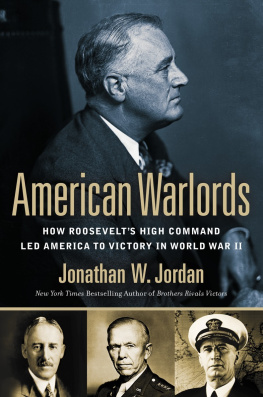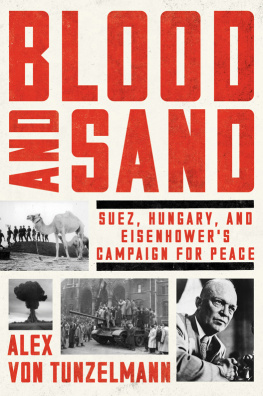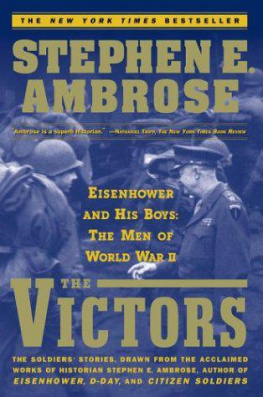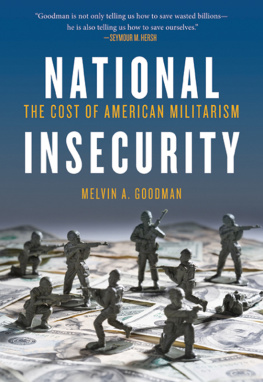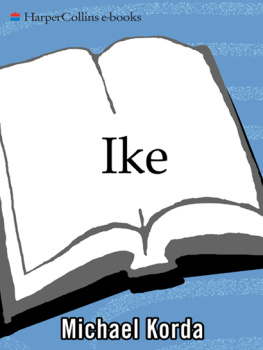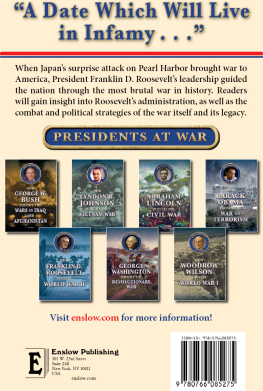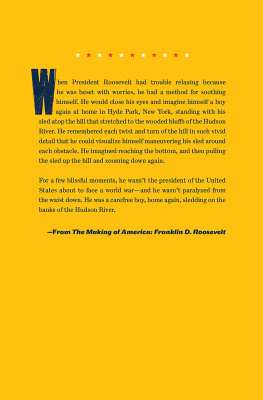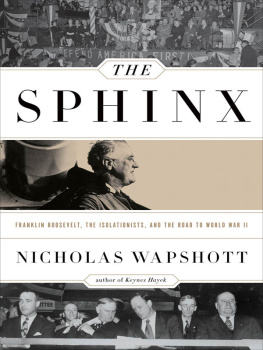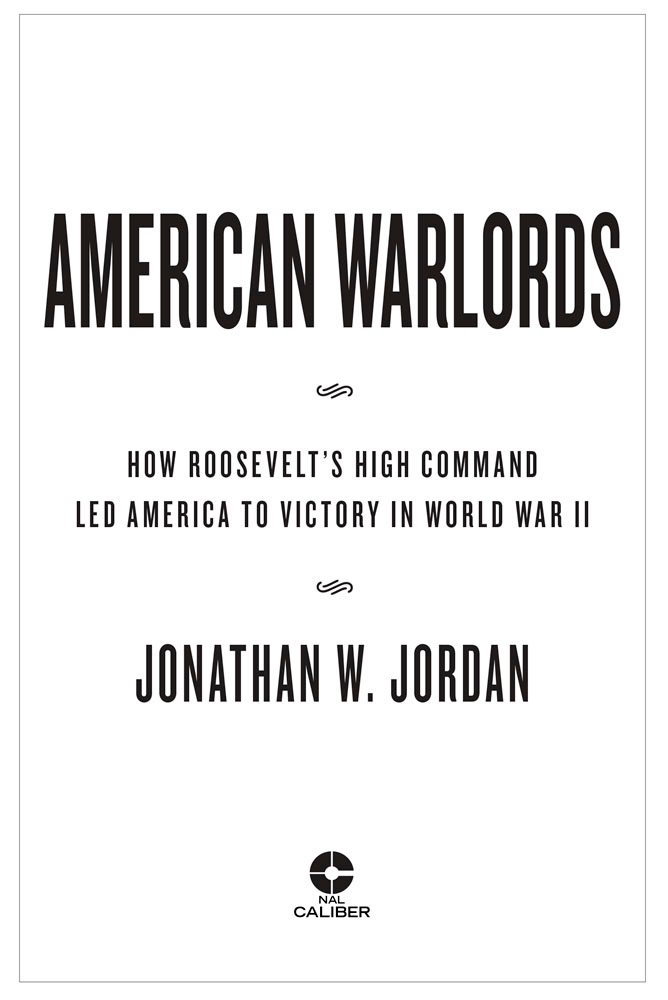ALSO BY JONATHAN W. JORDAN
Brothers Rivals Victors: Eisenhower, Patton, Bradley, and the Partnership
That Drove the Allied Conquest in Europe
Lone Star Navy: Texas, the Fight for the Gulf of Mexico,
and the Shaping of the American West
AS EDITOR
To the People of Texas: An Appeal in Vindication of His Conduct
of the Navy by Commodore Edwin Ward Moore
NAL Caliber
Published by the Penguin Group
Penguin Group (USA) LLC, 375 Hudson Street,
New York, New York 10014

USA | Canada | UK | Ireland | Australia | New Zealand | India | South Africa | China
penguin.com
A Penguin Random House Company
First published by NAL Caliber, an imprint of New American Library,
a division of Penguin Group (USA) LLC
Copyright Jonathan W. Jordan, 2015
Maps by Chris Erichsen
Photo credits appear on pages 59091.
Penguin supports copyright. Copyright fuels creativity, encourages diverse voices, promotes free speech, and creates a vibrant culture. Thank you for buying an authorized edition of this book and for complying with copyright laws by not reproducing, scanning, or distributing any part of it in any form without permission. You are supporting writers and allowing Penguin to continue to publish books for every reader.
NAL CALIBER and the C logo are trademarks of Penguin Group (USA) LLC.
LIBRARY OF CONGRESS CATALOGING-IN-PUBLICATION DATA:
Jordan, Jonathan W., 1967
American Warlords: How Roosevelts High Command Led America to Victory in World War II/Jonathan W. Jordan.
p. cm.
Includes bibliographical references and index.
ISBN 978-0-698-14434-7
1. Roosevelt, Franklin D. (Franklin Delano), 18821945Military leadership. 2. PresidentsUnited StatesBiography. 3. GeneralsUnited StatesBiography. 4. Command of troopsHistory20th century. 5. Eisenhower, Dwight D. (Dwight David), 18901969. 6. Stimson, Henry L. (Henry Lewis), 18671950. 7. Marshall, George C. (George Catlett), 18801959. 8. World War, 19391942United States. 9. World War, 19391945Campaigns. 10. United StatesPolitics and government19331945. I. Title. II. Title: How Roosevelts high command led America to victory in World War II.
E807.J645 2015
973.917092dc23 2014036427
PUBLISHERS NOTE
While the author has made every effort to provide accurate telephone numbers and Internet addresses at the time of publication, neither the publisher nor the author assumes any responsibility for errors, or for changes that occur after publication. Further, publisher does not have any control over and does not assume any responsibility for author or third-party Web sites or their content.
Version_1
To Major Malcolm E. Jordan, U.S.A.F.
19392012
CONTENTS
MAPS
War is not merely a political act, but also a real political instrument.
CLAUSEWITZ
If war does come, we will make it a New Deal war.
ROOSEVELT
I frankly was fearful of Mr. Roosevelts introducing political methods... into a military thing.
MARSHALL
To hell with Roosevelt and Marshall and the Army and the Germans and the Russians and the British! I want to get the hell out of this hole!
U.S. INFANTRY PRIVATE
INTRODUCTION
T HERE WAS A TIME WHEN A LIBERAL DEMOCRAT, A CONSERVATIVE REPUBLICAN, a general who served both parties, and an admiral who served none set aside profound differences and led America through historys greatest bloodletting.
Through nostalgias myopic lens, it is easy to see a united nation, its resolve hardened by Pearl Harbor, swept inexorably to victory on the broad shoulders of the GI, the wings of the B-29, and the buoyant spirit that brought the world baseball, Duke Ellington, the Ford Model A and the Lone Ranger. A nation to whom triumph came as naturally as manifest destiny. Yet these images tell only a small part of the story.
The vast mural of World War IIwaves of heavy bombers, marines raising Old Glory, snaking lines of deuce-and-a-half truckshas become part of the American legacy. But that mural was not painted overnight. In 1939 Rosie was a homemaker, not a riveter. Black sailors served as butlers, not gunners, and America reposed its safety in a handful of green, ill-equipped divisions led by untested middle-aged officers.
From May 1940 until the wars end, the American war machine lurched forward, determined but not sure-footed, ensnared by material shortages and enmeshed in bare-knuckle politics. To break the empires of Hitler, Hirohito and Mussolini, liberals compromised with big business and Republicans compromised with Democrats. The Army cut deals with the Navy, and both swallowed trade-offs with unions, farmers, miners and factory owners. American generals and admirals horse-traded with their British cousins, and commanders of all branches courted congressional chairmen, business leaders and, journalists.
In Washingtons marble corridors, the United States entrusted four men with the prosecution of Americas war. General George Catlett Marshall, the Armys top soldier, won the admiration of Churchill, Stalin and Truman. Admiral Ernest J. King, a Porthos of the sea, saw in the oceans the key to Americas global power. Secretary of War Henry L. Stimson, an old-line Republican from old-moneyed Long Island, distrusted the rapidly changing world, yet he championed futuristic weapons to prevent future wars.
And over these men hovered Franklin Delano Roosevelt, a liberal Democrat thrown into a war where his friends became enemies, his enemies trusted allies. He had staked his legacy on domestic reform, yet found himself shaping the world alongside Josef Stalin and Winston Churchill. A devious, self-described juggler, Roosevelt would shift his political base, draw his nation toward war, weld an alliance with a dictator and an imperialist, and found a global institution dedicated to peace.
Roosevelt, Marshall, Stimson, and King are now ghostly images of our past, men who speak to us through grainy black-and-white newsreels and scratchy archived recordings. We see them through a glass darkly: Roosevelt, a rakish cigarette holder clenched between broad white teeth, assures the nation the only thing it has to fear is fear itself. Marshall, a constellation of stars on each shoulder, stares inscrutably into the distance as he ponders global strategy. A mustachioed Stimson and a bald, scowling King, giants behind the curtain, stand in the background, barely remembered faces in a faded gray photograph.
But in 1941, these ghosts lived in a world bursting with fire and fear. A world unraveling along two seams, where America could peer over either shoulder and see bubbling lakes of red. A nation unaware that it was on the road to a golden age that would be purchased with rivers of blood, mountains of treasure, and years of suffering.
A road that would begin with a strange sound rippling over a tropical paradise.
PROLOGUE
THERE MUST BE SOME MISTAKE

